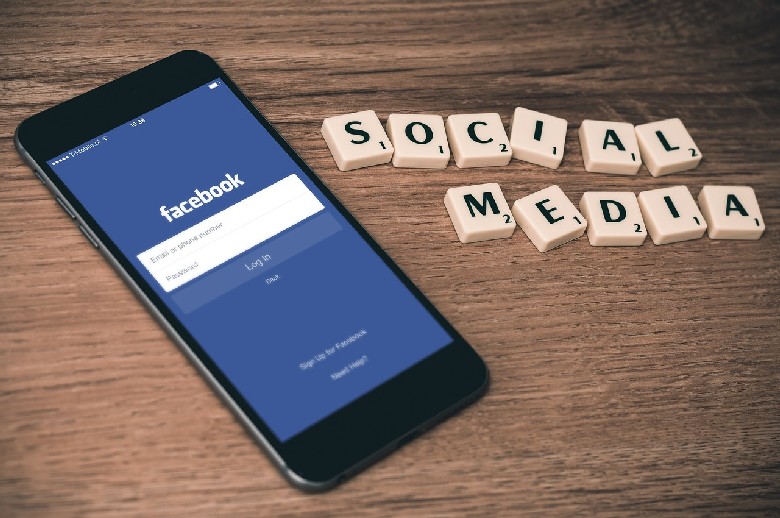By reducing time on social media, we can improve health
If you spend 30 minutes less on social media each day and do some physical activity – exercise, then it is very likely that your mental health will be improved, according to new research conducted by a team from the Center for Mental Health Research and Treatment at the Ruhr Universität Bochum, led by assistant professor Dr. Julia Brailovskaia and published in the Journal of Public Health on September 2nd, 2022.
A total of 642 volunteers participated in the research and were randomly divided into 4 groups. The first group reduced their daily social media consumption by 30 minutes during an intervention period of two weeks. Since previous studies had shown that physical activity can increase well-being and reduce depression symptoms, the volunteers in the second group increased the duration of physical activity by 30 minutes daily during this period, while continuing to use social media as usual. The third group combined both conditions, by reducing social media use and increasing physical activity. A control group did not change behavior during the intervention phase.
Participants answered online surveys about duration, intensity and emotional significance of using social media, their physical activity, their satisfaction with life, subjective feeling of happiness, depressive symptoms, the psychological effect of the Covid-19 pandemic and cigarette consumption before, during and up to six months after the two-week intervention.
Research has shown that the reduction of time spent on social media each day as well as the increase of physical activity had a positive impact on peoples’ wellbeing.
Six months after the end of the intervention, participants in all three intervention groups spent less time on social media than before: that is, about half an hour for the teams that either had reduced social media time in the middle either had increased their daily exercise and approximately three-quarters of an hour for the team that had combined both conditions. The positive effect on mental health continued throughout the intervention period.
As Julia Brailovskaia reports: “These measures can easily be applied to one's daily life, are completely free and at the same time, they help us stay happy and healthy in the digital era".
HR. PSYCHOLOGY - TODAY Team

